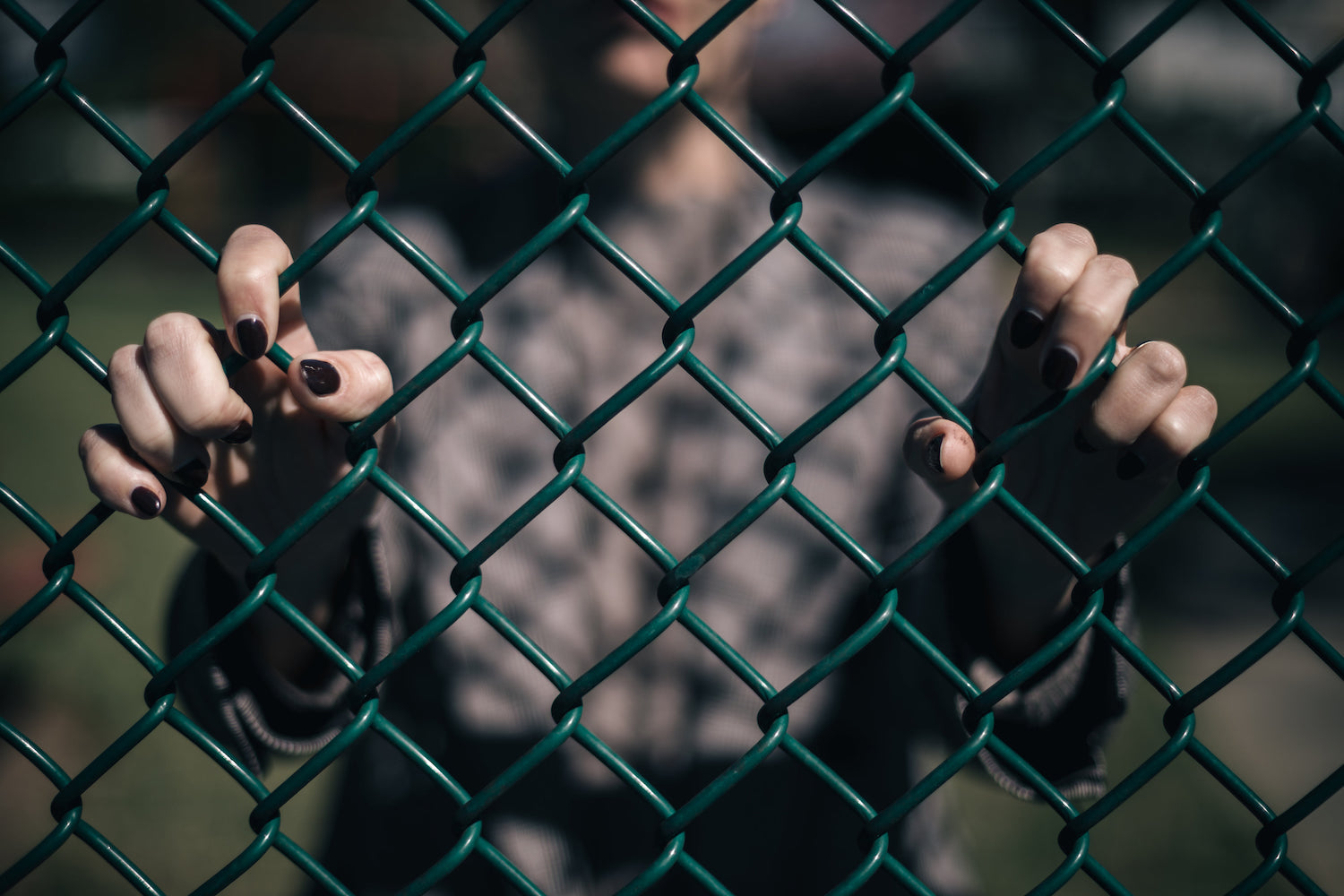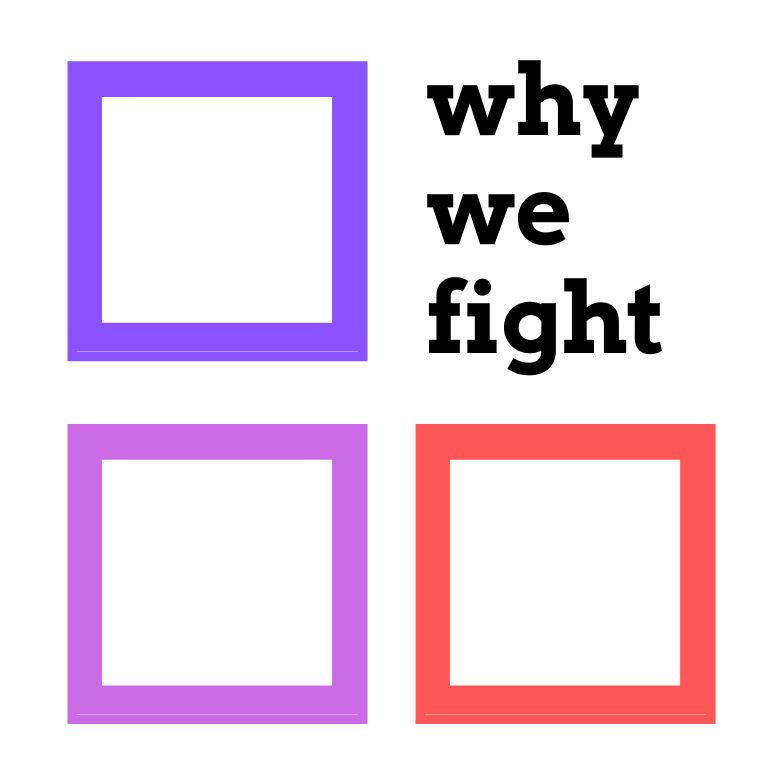Joy

⏱ 4'
I was in high school when I began to realize that violence against women is not just physical, but also emotional, psychological, and spiritual in nature. It happens in our places of work, like when the boss of a catering business I worked for in college grabbed and slapped my a**, and it happens in our schools, like when a male classmate tried to pressure me into dropping out of one of my college classes because I was the only girl and this was “interfering” with male bonding. It happens in our churches, like when I was in middle school and an older married man in my church kept mouthing “I love you” to me when no one was looking and tried to hug me too long and too often at every opportunity. And it happens in our homes, like when I watched my next-door neighbor knock a woman to the ground and drag her inside by her hair. As women, we all carry different versions of these stories in our minds, hearts, and bodies. As a result, we have to struggle to process the fear and shame associated with these experiences. To this day, it feels difficult for me to share my own stories without feeling that I de-value the stories of other women who have suffered so much more.
My awareness of the pervasive nature of violence against women grew up with me. As a young mother and counseling student I worked at a crisis center for pregnant teenagers where I saw first hand the vulnerability, abuse, neglect, shaming, blaming, economic disadvantage, and stigma heaped on individuals in our society simply because they are female. And middle age has brought no relief to this awareness. I felt it on the day my daughter came home and told me that a boy on the bus had told her to “stop studying and go to the kitchen and make me a sandwich”. I felt it again when my other teenage daughter was followed on foot across downtown Athens for 15 minutes by a man in his 40’s demanding her phone number and that she go somewhere with him. I felt it volunteering in the brothel district of Athens, when a pimp tried to push me down the stairs for talking to an underage girl who he was selling for sex. Working in the field of mental health for the last decade with women from around the world, there are more stories of the violent treatment of women in my head than I could ever write down.
Awareness is important, and stories (when their agency and dignity are respected) are vital, but we need something more as well. For me it’s not enough to be aware. I want to maintain a willingness to use whatever resources and influence I have to step in to the fall-out of gender-based violence with love and hope and a desire to hold perpetrators accountable and protect those at risk. This is a much more difficult task. It requires sacrifice- at a minimum the discomfort of not looking away, or sacrificing our peace of mind in order to experience just a small glimpse of the terror that others must live with. Struggling imperfectly to hold this space is how I resist the dehumanization of women.
